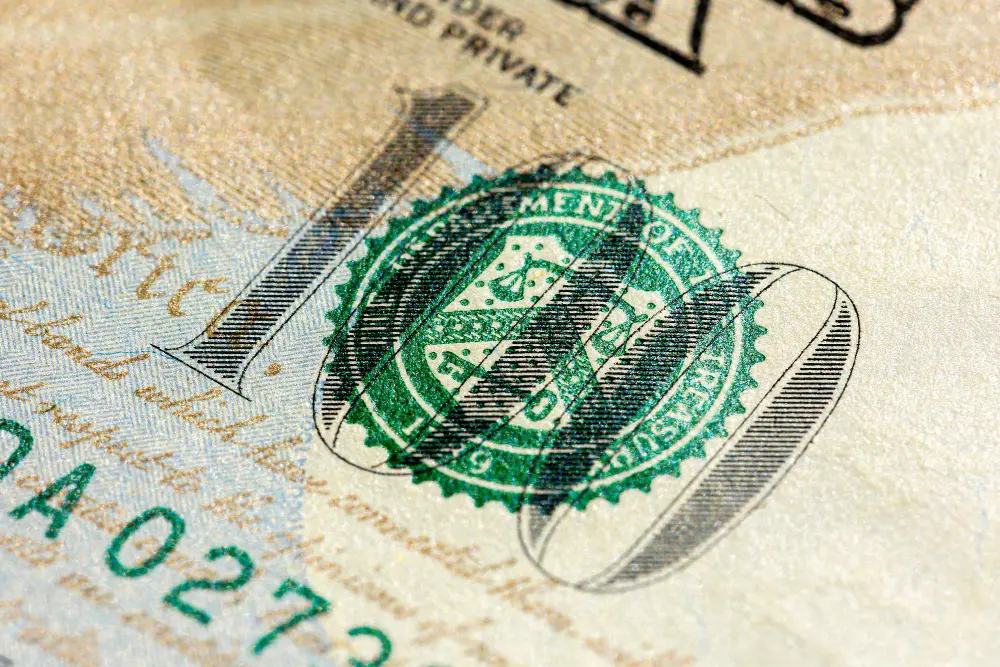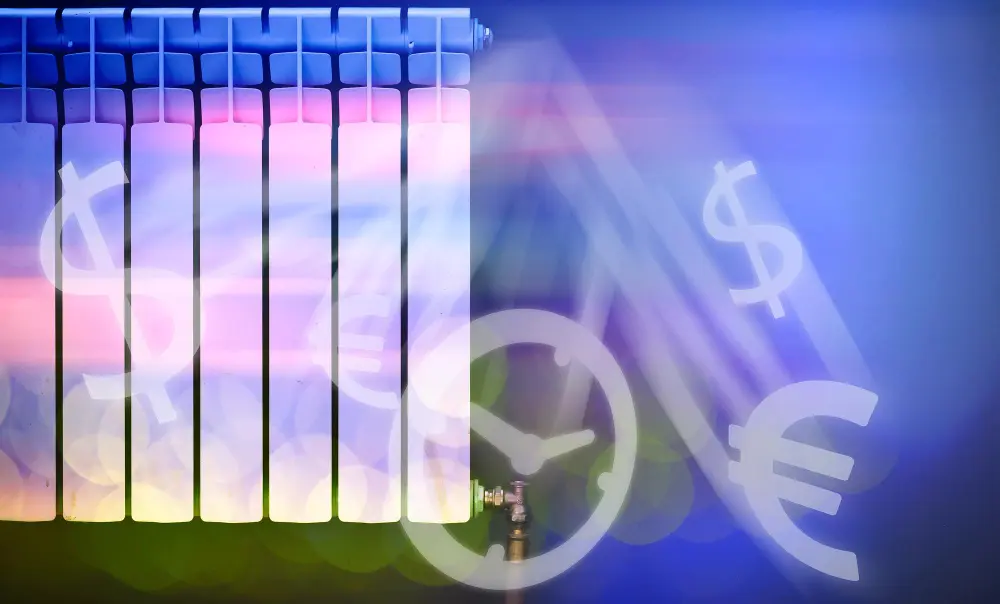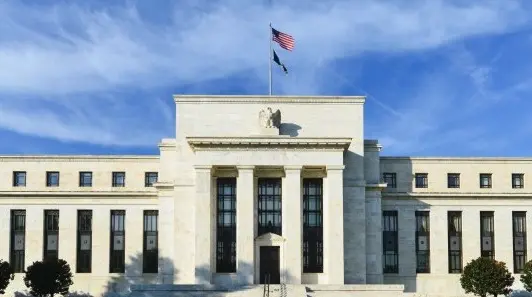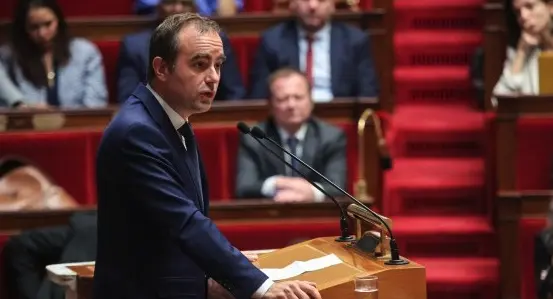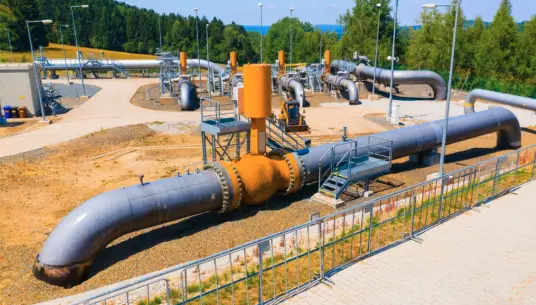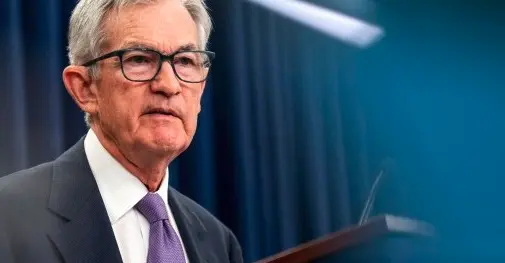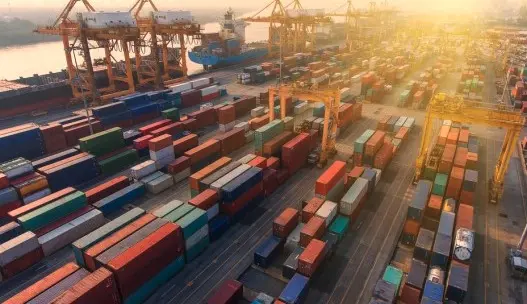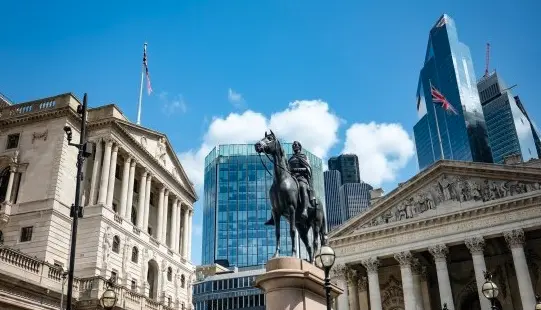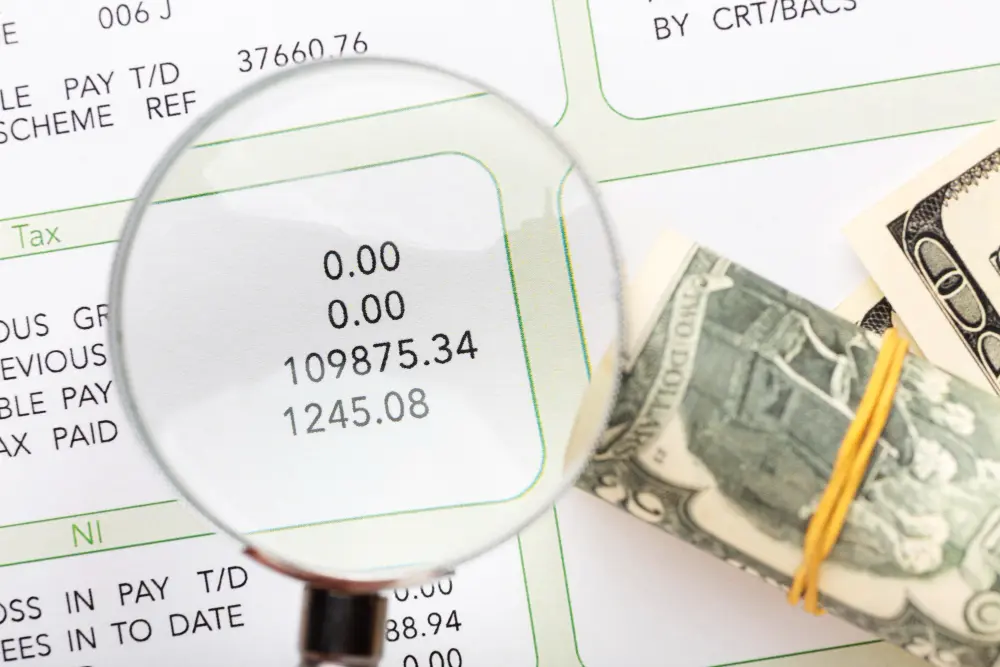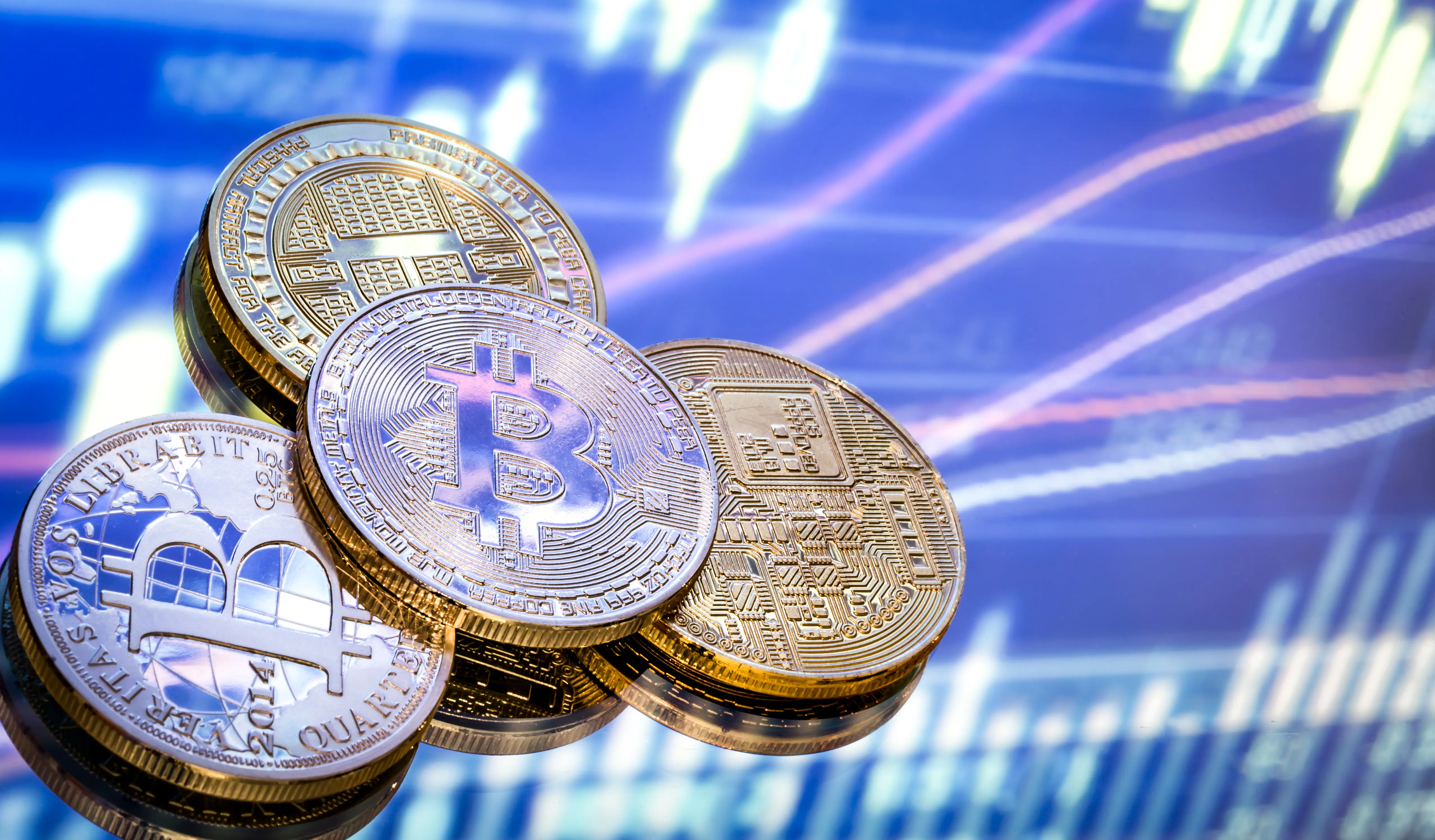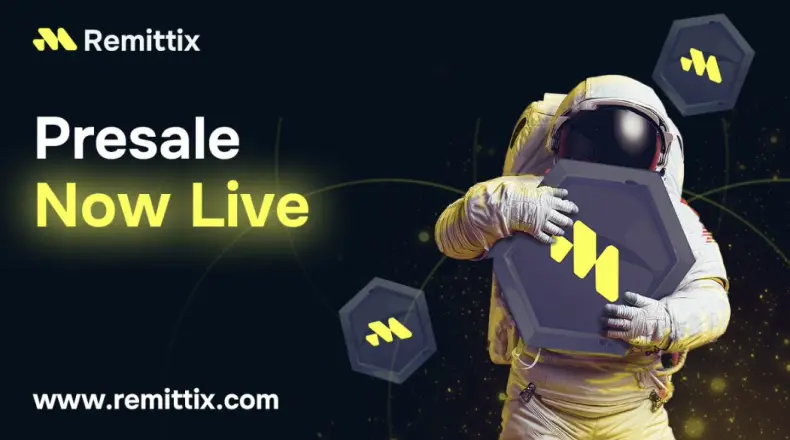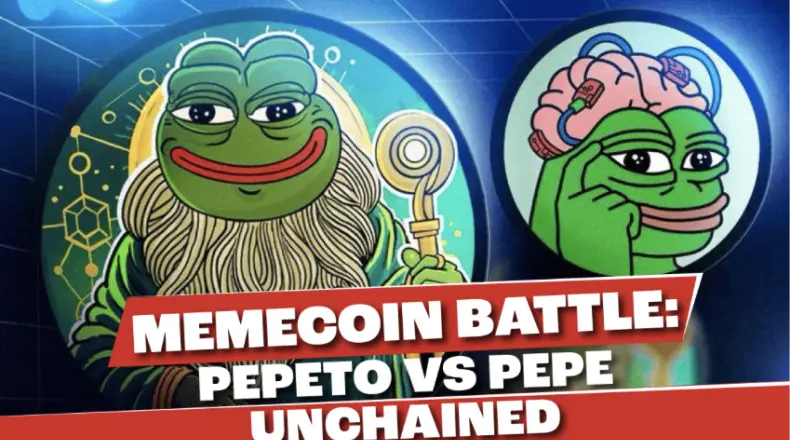It all started in 2021 - that's when El Salvador became one of the first countries in the world to recognize bitcoin as legal tender (Japan had previously done so). The country also began buying BTC. President Nayib Bukele was behind this initiative. Before we go further, let's take a look at his character, because today he is one of the most interesting politicians in the world.
Nayib Bukele - the world's coolest dictator
Nayib Bukele was born on July 24, 1981. He is the son of Armando Bukele Kattán, a well-known entrepreneur from El Salvador, who partially handed over the reins of the family business to his son when he entered adulthood. The Bukele family was active in several markets: textiles, pharmaceuticals or advertising.
Nayiba Bukele's career breakthrough came in 2012, when he became mayor of the city of Nuevo Cuscatlán on behalf of the Farabundo Martí National Liberation Front (FMLN) party, of which he was also a sponsor. After three years, he won election as mayor of the capital San Salvador. In 2017, he founded his Nuevas Ideas party, and after two more years won the presidential election.
And here's where it gets most interesting: as head of state, he began pursuing landmark policies for El Salvador. Bukele declared war on the country's gangs, imposed a state of emergency, and the services began mass arrests of mafia members. It even got to the point where one could be put behind bars for having a tattoo with a gang logo. These actions caused a huge controversy: the president began to be accused of violating human rights. However, he gained great popularity in his country, the best proof of which was his victory in the next presidential election, in which he ran despite the fact that he was forbidden to do so by the constitution (one can only be president for one term in El Salvador).
Today Bukele is called “the world's coolest dictator.” He rules in an authoritarian manner, but has brought relative order to his country.
Why did El Salvador opt for bitcoin?
But let's now return to El Salvador's bitcoin policy. Why did Bukele decide to take such a step?
Let's start with very pragmatic reasons. El Salvador is very backward technologically. In 2021, a period when the bitcoin revolt was just beginning, as many as ca. 70% of Salvadorans did not have a bank account. In theory, the bitcoin network would help them get an alternative. After all, all it takes is a mobile wallet app for cryptocurrencies to have something like a bank account. Whether citizens took advantage of this opportunity will be told in a moment.
Another point is that remittances from Salvadorans who work abroad generate about 20% of the country's GDP. In other words, one-fifth of El Salvador's GDP is earned abroad. However, Salvadorans needed a low-cost system for international transfers. They didn't have that, and traditional transfers involved high fees and long processing times. Bitcoin was supposed to reduce costs and time.
And above all: the image issue. El Salvador was associated with a country ruled by mafias. The new authorities needed a new opening: to “sell” their country to the world in a new package. With the adoption of bitcoin, El Salvador began to be perceived as a place that was beginning to reform, trying to become a regional center for new technologies and, above all, a mecca for bitcoin tourists.
All of the above are the tenets of Bukele's pro-cryptocurrency policy. So in a nutshell, the idea was to improve the country's image and increase capital inflows to El Salvador. Has it been successful?
Bitcoin revolution
As we mentioned, in June 2021, the Salvadoran parliament passed a law that established bitcoin as a means of payment. The regulations went into effect in September 2021. In practice, the new law obliged all companies to accept bitcoin as a means of payment. And already here is the first problem: the compulsion led to protests, both from the parliamentary opposition and from vendors. It has been pointed out that bitcoin's volatile exchange rate makes it unsuitable for payments. This is true, by the way, and it would have been more practical to use stablecoin.
Another government slip-up was the Chivo wallet. It was a public application for holding and paying BTC. As an incentive, each new user received a $30 deposit in it, but in bitcoin. Technical problems with this quickly came to light: it turned out that cybercriminals were taking over the identities of Salvadoran citizens to steal that $30. On top of that, most people installed Chivo just to collect the deposit, and then stopped using the wallet.
Wallets are one thing and bitmats another: 215 such machines have been installed in the country to date. All of them are still in operation.
Resisting this, the Bukele government has begun investing in bitcoins on a regular basis. Progress can be monitored at nayibtracker.com. So far, the investment is proving to be right. The government holds 6,081 BTC. The average purchase price of one bitcoin is $46,353.33.
Disaster, or how not to support cryptocurrency adoption?
However, what fruit have these actions borne? A survey conducted by Francisco Gavidia University found that as many as 92% of Salvadoran respondents do not reach for BTC in daily transactions. Only 1.3% of respondents answered that they thought bitcoin would be an important part of the country's politics in the future.
Analyst John Paul Koning concluded that the Salvadoran experiment showed that bitcoin is not suitable as a currency today:
"A four-year experiment with bitcoin in El Salvador has definitively proven that bitcoin is not meant to be money. Even despite government approvals, subsidies and the elimination of tax barriers, payments using bitcoin never gained popularity."
The problem, however, was not only about low adoption and the fact that Bukele's policies showed that BTC was unfit to serve as a currency. This was compounded by protests from the International Monetary Fund (IMF), which officially expressed concern over the Salvadoran government's decision, warning of the risk of destabilizing the country's economy. The latter did not happen, but the international entity began to pressure the authorities to abandon their policy. The latter conditioned a $1.3 billion loan from the IMF.
Eventually, Bukele reached an agreement with the Fund and slightly changed its approach to bitcoin. Actually, it was liberalized mainly that businesses there are no longer required to honor bitcoin deposits. They can still accept the cryptocurrency, but they don't have to.
In turn, has BTC adoption translated into the tourism market? Since Bukele took power and began his reforms, including the war on gangs, up to now, as much as a 30 percent jump in the number of tourists who have flown into the country has been registered. It is worth adding, however, that this may be the result not only of the bitcoin policy, but also of improved security and publicity about the crackdown on criminal activity.
It is also worth adding that El Salvador has not become a center for the new technology. It failed to build Bitcoin City, which this new city was supposed to be the “blockchain capital” of the region.
Summary
It is worth appreciating that El Salvador's bitcoin policy was a bold experiment on a global scale. While it was aimed at improving access to financial services and attracting investment, it also generated numerous controversies. Above all, it showed that BTC adoption should not occur under pressure from the authorities - consumers or investors need to convince themselves of the digital asset, not do it because politicians want them to. Pressure from the IMF has now caused El Salvador to take a step back. We don't know what will happen in this regard in the future





